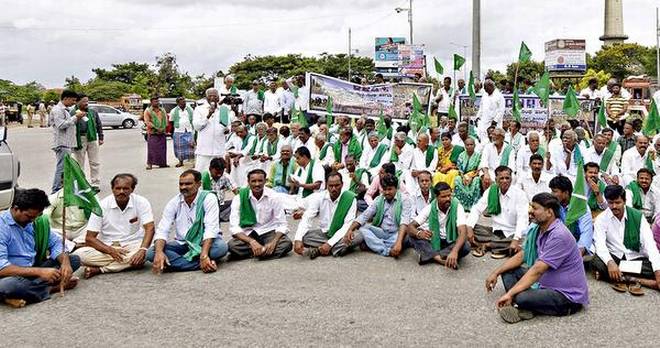India keen to keep future FTAs with RCEP nations less ambitious

BusinessLine | 4 February 2020
India keen to keep future FTAs with RCEP nations less ambitious
by Amiti Sen
The possible free trade pacts being explored by India with some of the individual members of the Regional Comprehensive Economic Partnership (RCEP) bloc like Australia, South Korea and Japan, are unlikely to be as ambitious as the original agreement being negotiated with the 16-member group.
“We don’t want the same problems that we had with the RCEP to get reflected in new pacts which we may get into with some of the members individually. That is why it makes sense for us to not go for very high levels of opening up,” a person close to the development told BusinessLine.
Countries such as Australia, New Zealand, South Korea and Japan are among the first ones with which India is ready to consider individual agreements to begin with, the official said.
India walked out of the proposed RCEP that it was negotiating with 15 others, including the 10-member ASEAN and China, in November 2019 as it could not agree on crucial issues including the level of market openings being demanded by members, especially China, and the lax Rules of Origin (ROO) that it was uncomfortable with.
As part of the agreement, India would have had to eliminate import duties on 80-90 per cent items over a period of time for which the country’s industry and farmers were not prepared. Although difficulty in offering market access to China was one of the main reasons behind India’s decision to quit RCEP, there were other problem areas too related to other member countries.
For instance, members were insisting on inclusion of sensitive items such as dairy products and wheat in the FTA, which would have hurt lakhs of farmers in the country.
“For countries such as Australia and New Zealand, items like dairy and wheat are very important. In fact, dairy exports is a major foreign exchange earner for New Zealand. India’s sensitivities, which showed up in the RCEP negotiations, would remain even in the individual pacts. So, it has to be careful,” the official said.
India, however, has not yet officially closed its doors on the RCEP. According to the Ministry of External Affairs, if the RCEP members offer India a deal that takes care of all its concerns, it could consider getting back to the negotiating table.
It was difficult for India to take a decision on exiting the RCEP, as once implemented it could be the world’s largest free trade bloc. All 16 countries together account for 39 per cent of global GDP, 30 per cent of global trade, 26 per cent of global foreign direct investment flows and 45 per cent of the total population.





